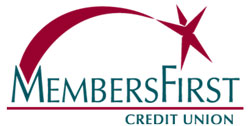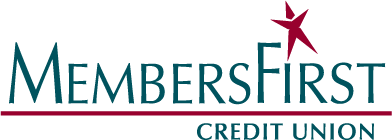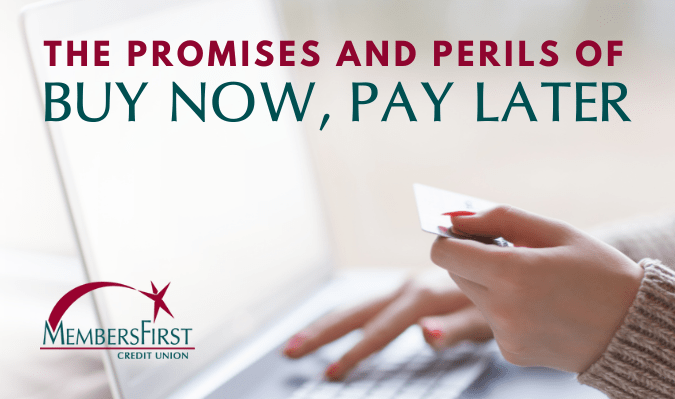Gotta have it now, but don’t have the cash? Why not buy now, and pay later (BNPL)? It’s the perfect way for you to walk away with that overpriced exercise bike even if your wallet is practically empty, right?
Maybe. Or maybe not.
Let’s take a look at these programs, how they work and what to be aware of before you sign up.
How BNPL works
You’ll find a BNPL button when checking out at most online retailers. This option will usually link you to a BNPL app, such as Afterpay, Affirm, Klarna or Zip. A brick-and-mortar store may offer you this option at checkout as well. Here, too, you’ll pay through an affiliated app.
If you choose to go with a BNPL option, you’ll need to be approved. Apps will usually run just a soft credit check to confirm your information. Once approved, you can choose to link your debit card, checking account or credit card so the app can collect the payments when they’re due. Next, you’ll generally make a 25% deposit on the purchase, and the item is yours! Most BNPL plans require you to pay off the rest in three fixed installments, but payment schedules can vary.
When to choose BNPL
BNPL programs can be a good choice for items you urgently need, but can’t afford right now, like medical equipment that’s not covered by insurance. It can also be ideal for workers with an uneven income flow who may experience lean times of the year but know that better cash flow is ahead.
Why BNPL can be a bad idea
- It encourages overspending. It’s easy to think that, if you’ll only be paying a small part of the price today, why not buy it now instead of financing the full amount?
- Missed payments are penalized. Some services slap an interest charge on your outstanding balance, with rates as high as 40%. Other programs will charge a one-time late fee, which can be as high as $39. Others will tack on an extra fixed fee to all subsequent payments.
- It can wreak havoc on responsible financial habits. If a consumer has purchased multiple items through BNPL programs, the monthly payments won’t be so minimal. Payments should be factored into a budget, which may eat into other categories, like savings. In extreme cases, unpaid balances can be reported to credit bureaus, making the impact on your financial health even deeper.
BNPL programs can be super convenient, but they also present risks. Our best advice? Use with caution or, if you can wait a bit longer to make your purchase, create a savings goal and set aside a little money each paycheck to cover the cost.
You can find this article and more in our Summer 2021 newsletter.


